
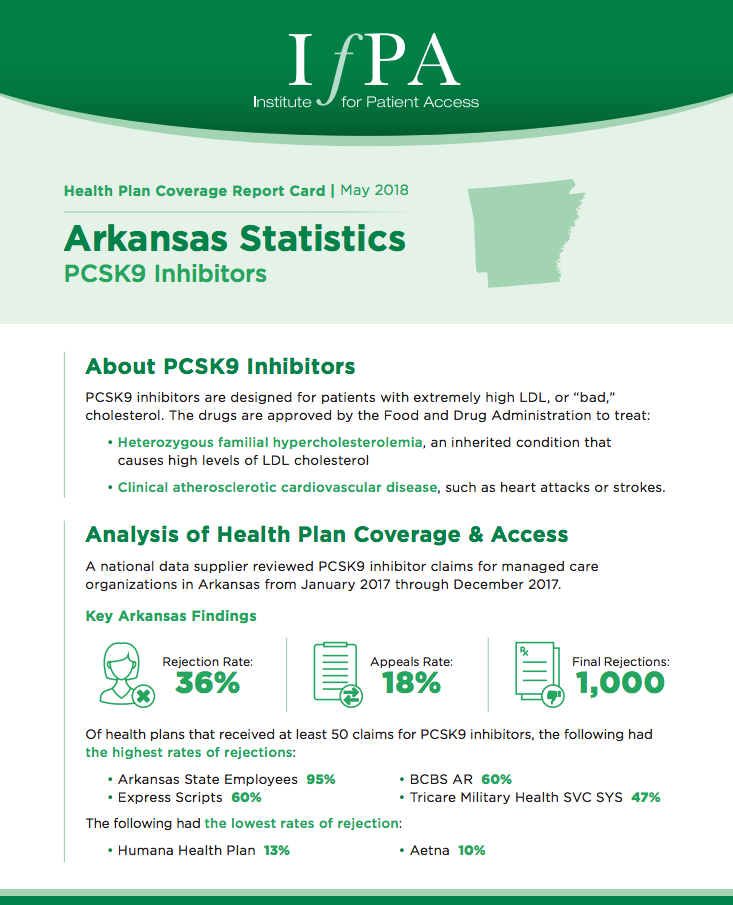
March 1, 2018
A national data supplier reviewed PCSK9 inhibitor claims for managed care organizations in Arkansas from January 2017 through December 2017.…

February 7, 2018
New research from the University of Pennsylvania details prior authorization requirements for PCSK9 inhibitors. The self-injected drugs lower bad cholesterol for patients with cardiovascular disease or genetic high cholesterol. Prior authorization allows health insurers to act as a gatekeeper, deciding whether they will cover the medication when it’s prescribed by a patient’s health care provider.

December 14, 2017
As 2017 draws to a close, let’s take a look back at the highlights in patient access this year.

September 1, 2017
Vacation season? Perhaps. But summer hasn’t slowed the Institute for Patient Access’ steady stream of physician-led insight on policy issues that matter to patients and their health care providers.
August 24, 2017
A money-back deal for cholesterol-lowering PCSK9 inhibitors doesn’t cut costs enough, claims a new analysis from a University of Pittsburgh researcher
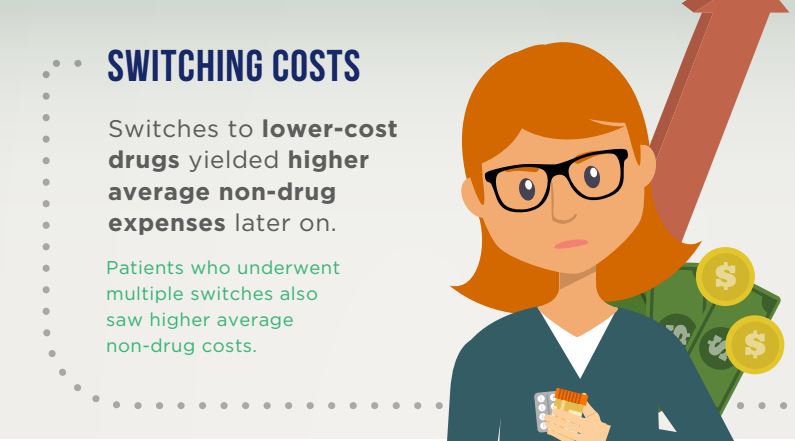
August 10, 2017
Opting for cheaper prescription drugs seems like an obvious way to cut health care costs. The assumption has led health plans to employ utilization management techniques with increasing frequency in recent years. And it’s given rise to a newer phenomenon known as “non-medical switching,” where health plans exclude a drug from coverage or increase patients’ out-of-pocket burden in hopes of persuading patients to take a less expensive drug.
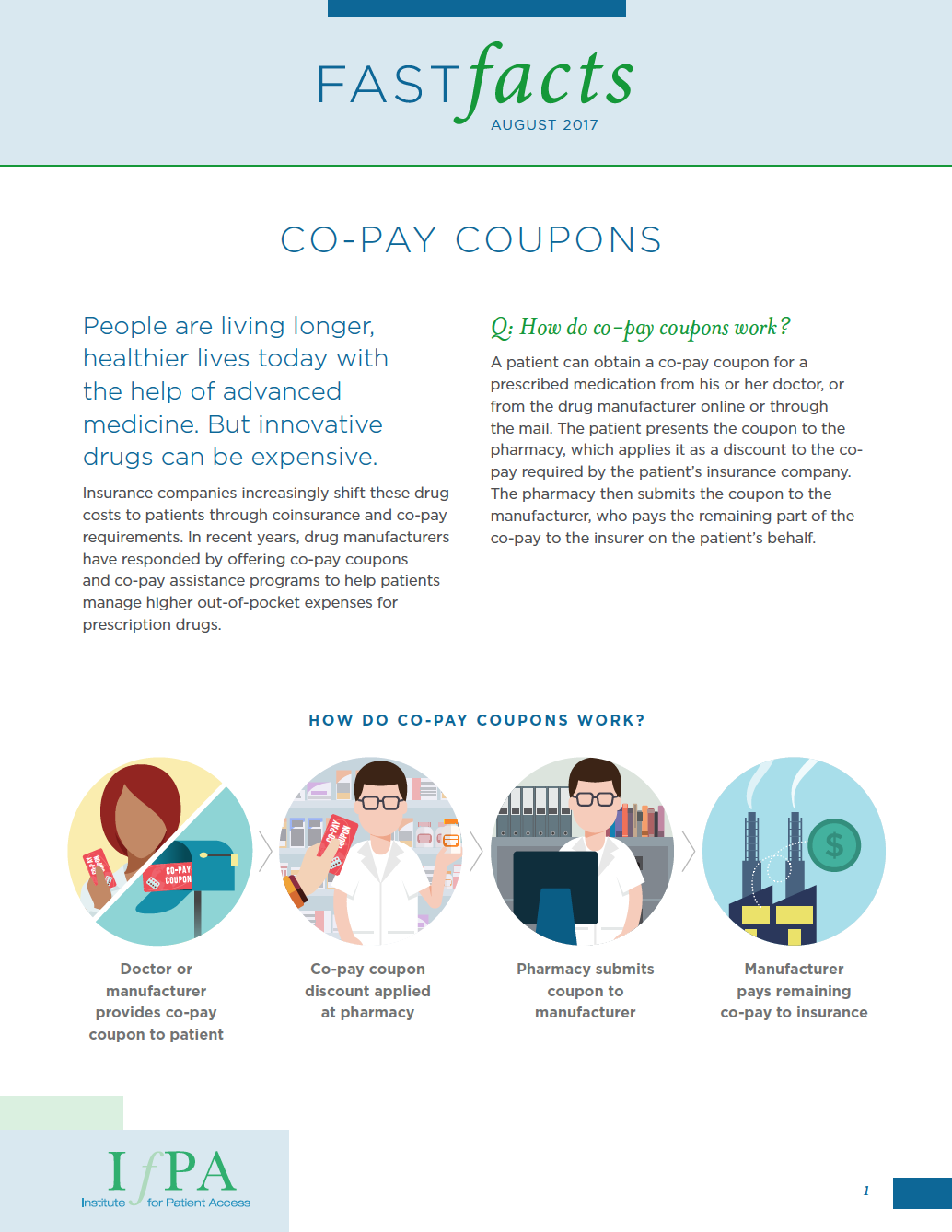
August 1, 2017
People are living longer, healthier lives today with the help of advanced medicine. But innovative drugs can be expensive. Insurance…
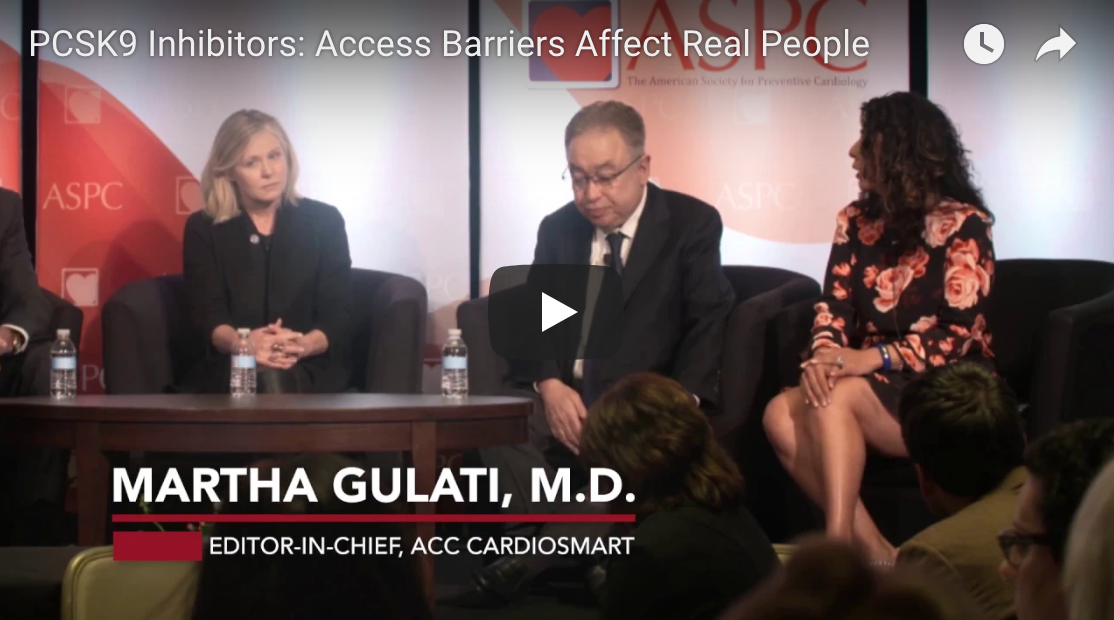
July 25, 2017
Accessing innovative cardiovascular drugs may soon get harder.
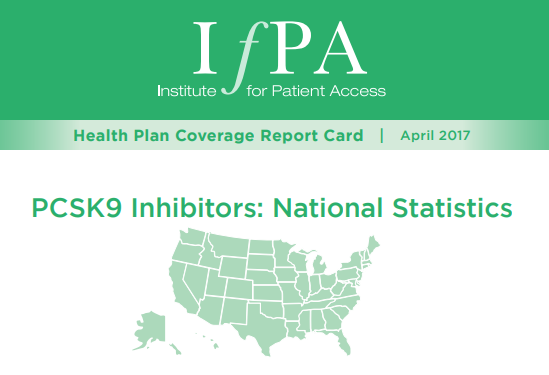
June 26, 2017
Health plans across the country are rejecting prescriptions for cholesterol-lowering PCSK9 inhibitors at an average rate of 43 percent. And now one patient advocacy group has a message: Enough is enough.

April 27, 2017
Rejection is never pleasant. But for the 34,459 patients whose health plans refuse to cover advanced treatment for high cholesterol, it could also be deadly.











